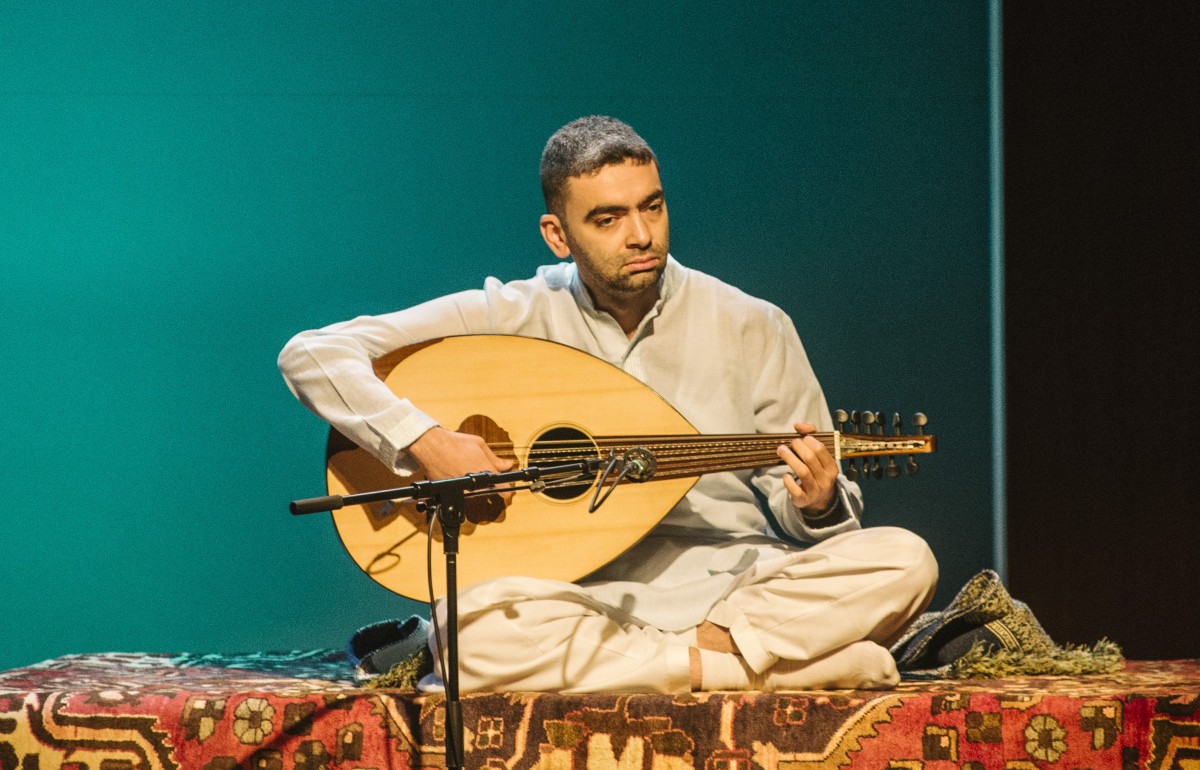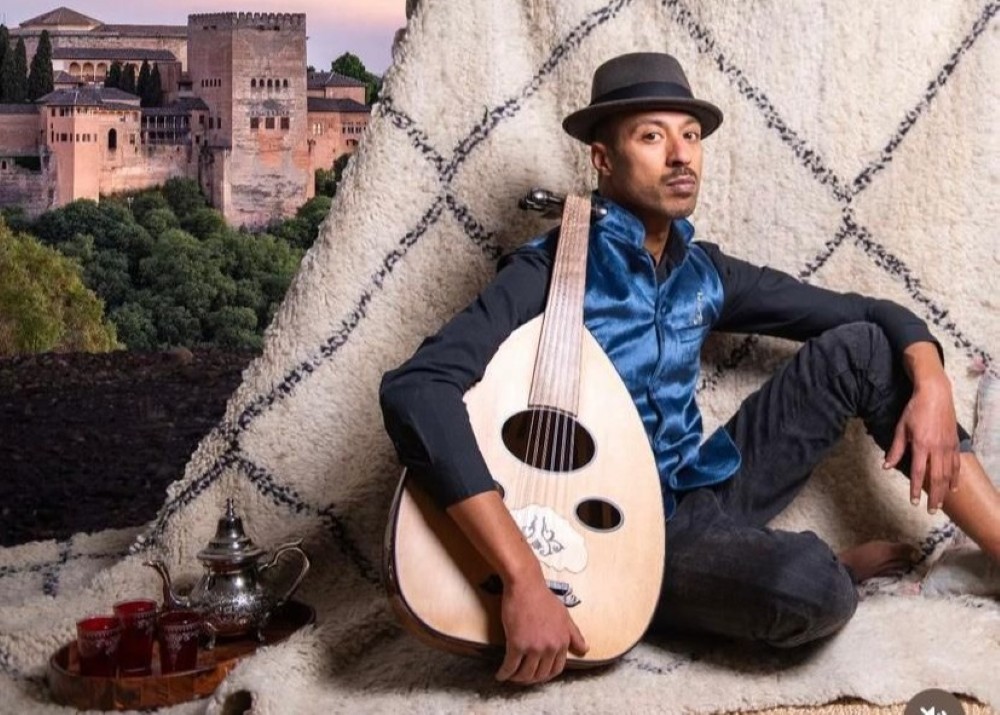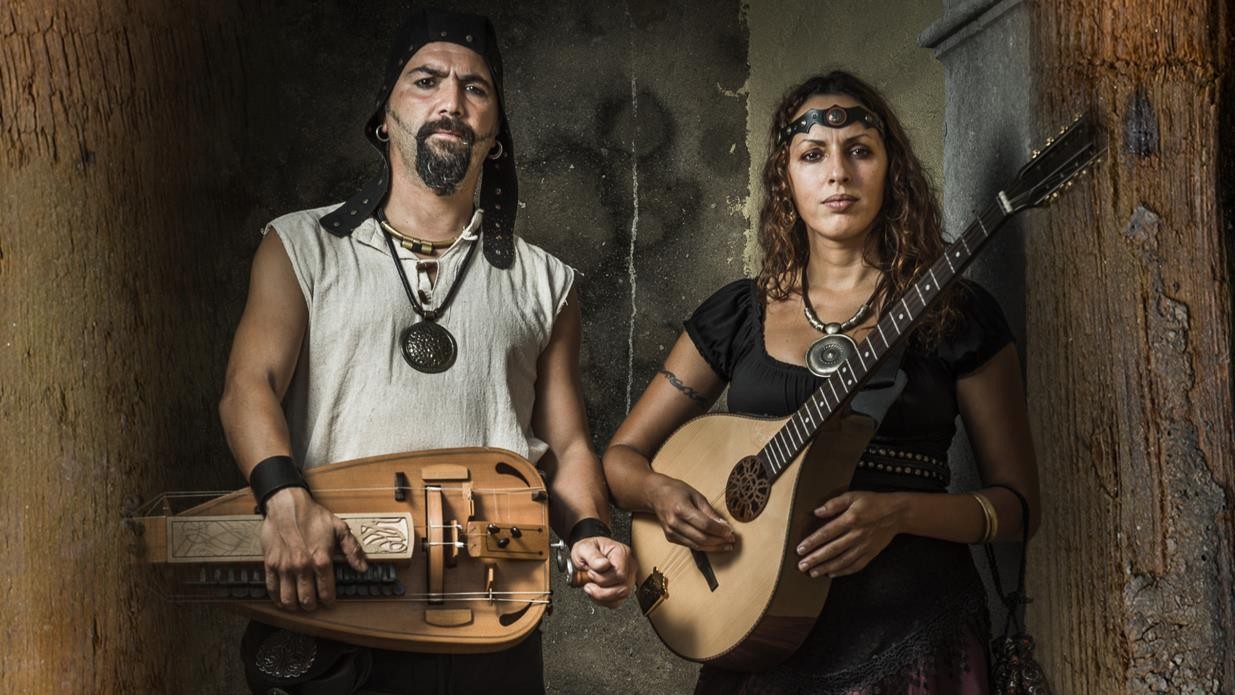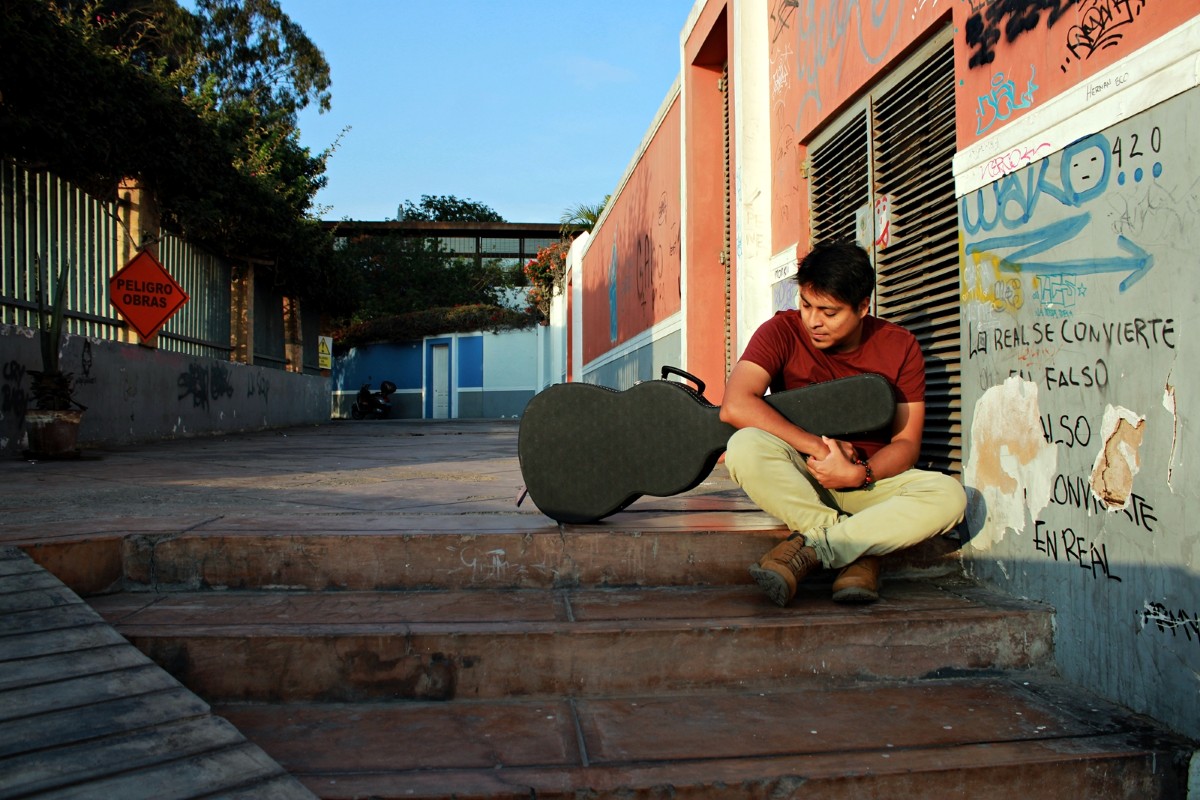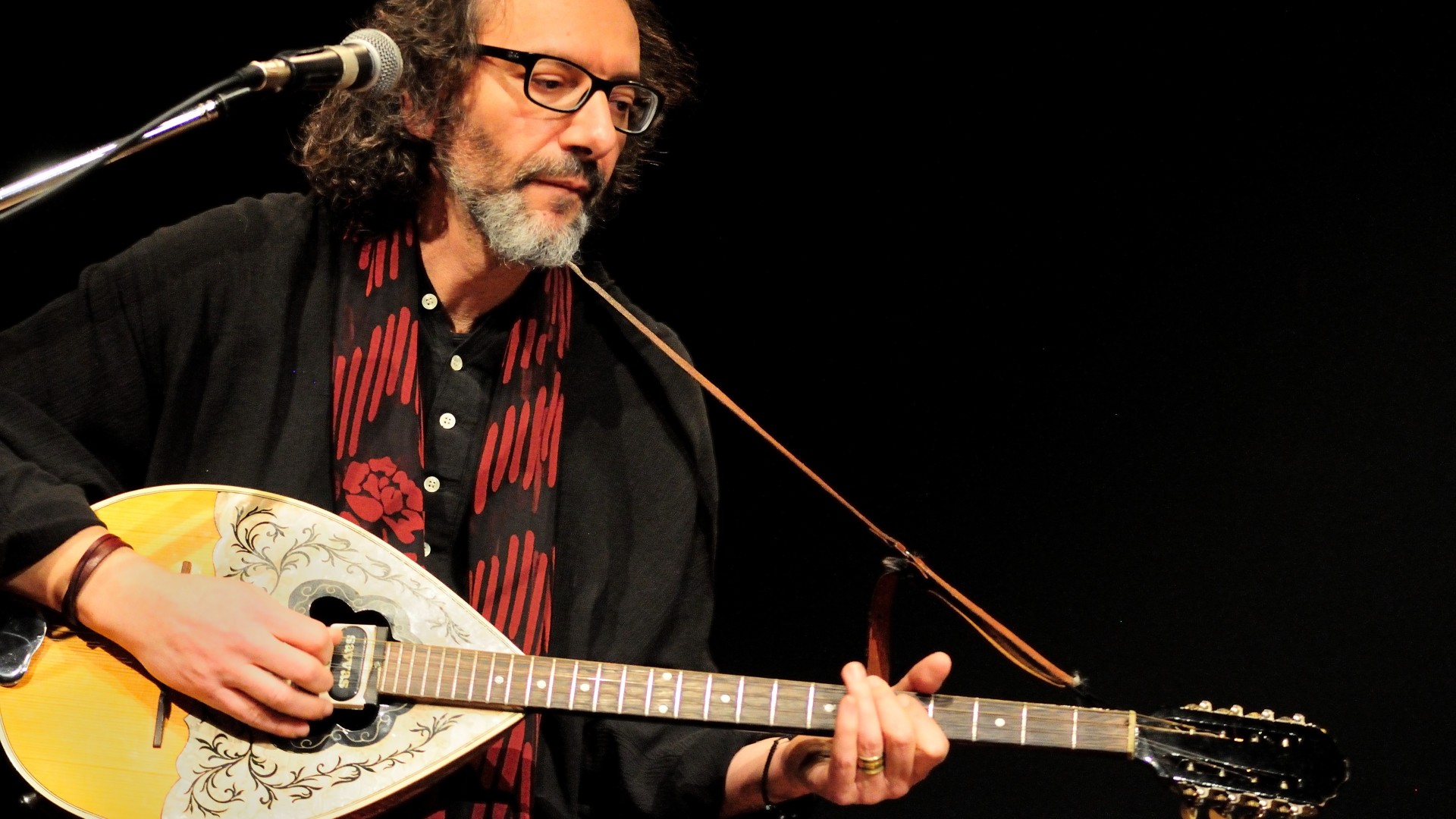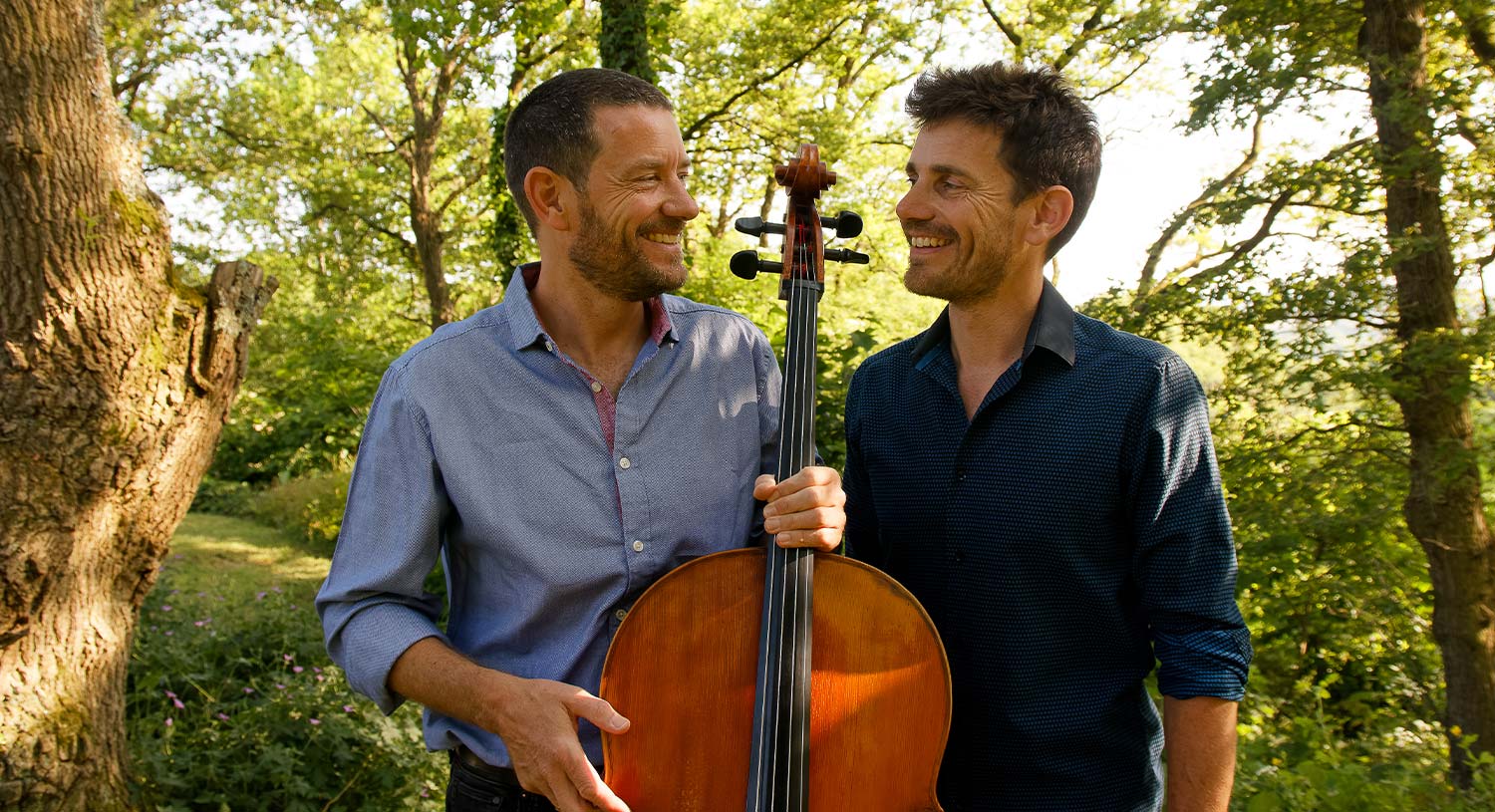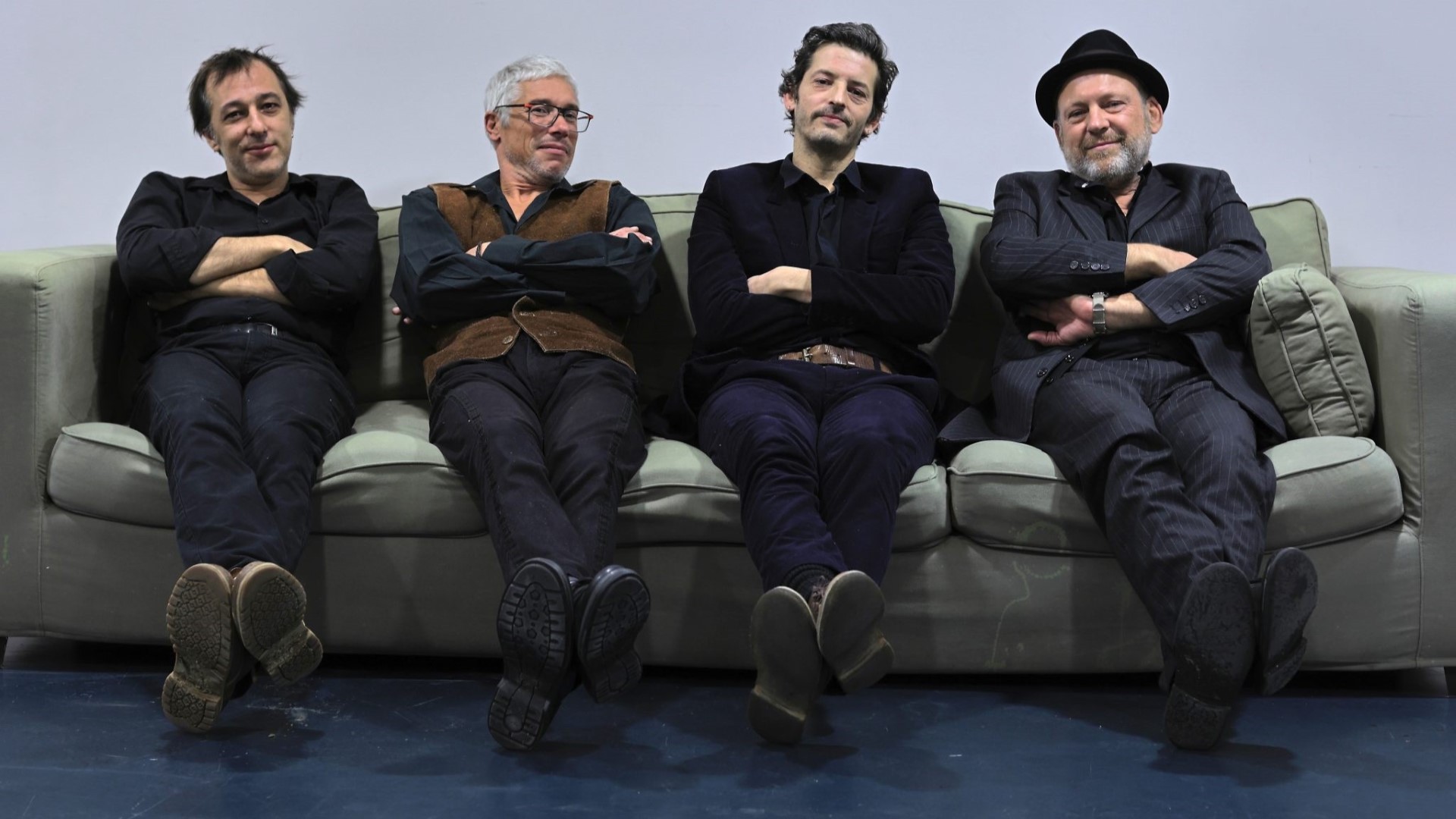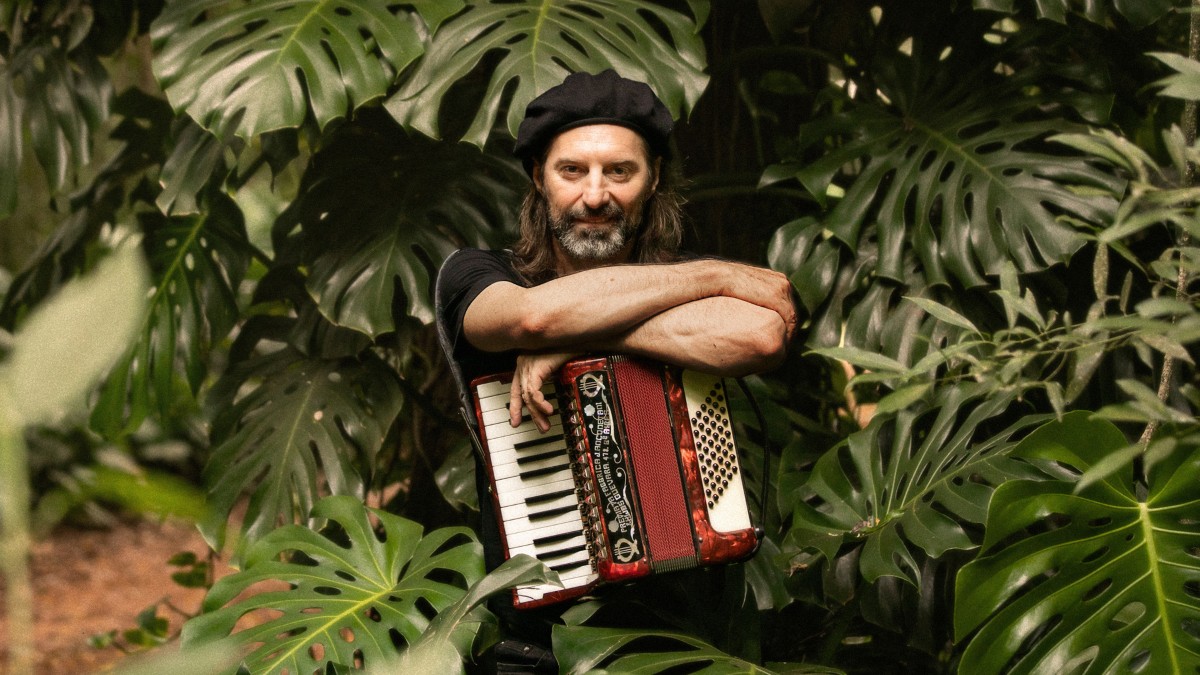Transglobal World Music Chart: Agosto 2025
Transglobal World Music Chart: August 2025
Repaso libre a la Transglobal World Music Chart de este mes, confeccionada a través de la votación de un panel de divulgadores de las músicas del mundo de todos los continentes, del que los hacedores de Mundofonías somos cocreadores y coimpulsores. Viajamos por Bosnia y el resto de los Balcanes, por Camerún, China, Tuvá, Ecuador, Burkina Faso, Zimbabue, Marruecos, Vietnam, Norteamérica y Malawi, para terminar en Egipto, con el número uno firmado por Mustafa Said & Asil Ensemble.
Free overview of this month’s Transglobal World Music Chart, created through the voting of a panel of world music disseminators from all continents, of which the makers of Mundofonías are co-creators and co-promoters. We travel through Bosnia and the rest of the Balkans, Cameroon, China, Tuva, Ecuador, Burkina Faso, Zimbabwe, Morocco, Vietnam, North America and Malawi, ending in Egypt, with Mustafa Said & Asil Ensemble topping the chart.
– Igor Božanić – Snijeg pade na behar, na voće – Žega
– Francis Bebey – Ganvié – Trésor magnétique
– Haris Pilton Balkan Voodoo Orchestra – Trouble trouble rakija – Soon in your village
– Puman – Du – Spring
– Oduchu – The inner voice – Nostalgia
– Grecia Albán – Con mi tambor – Nubes selva
– Solo Diarra – Barra – Yimenga
– Mawonera Superstars – Nyamutamba naziwere – Roots rocking Zimbabwe: The modern sound of Harare townships 1975-1980 [V.A.]
– Majid Bekkas, Nguyên Lê, Hamid Drake – Mrahba – Jazz at Berlin Philharmonic XVII: Gnawa world blues
– Madalitso Band – Princess Wanga – Ma gitala
– Mustafa Said & Asil Ensemble – Maradi – Maqam pilgrims
📸 Mustafa Said (António Pedrosa / AKDN)

